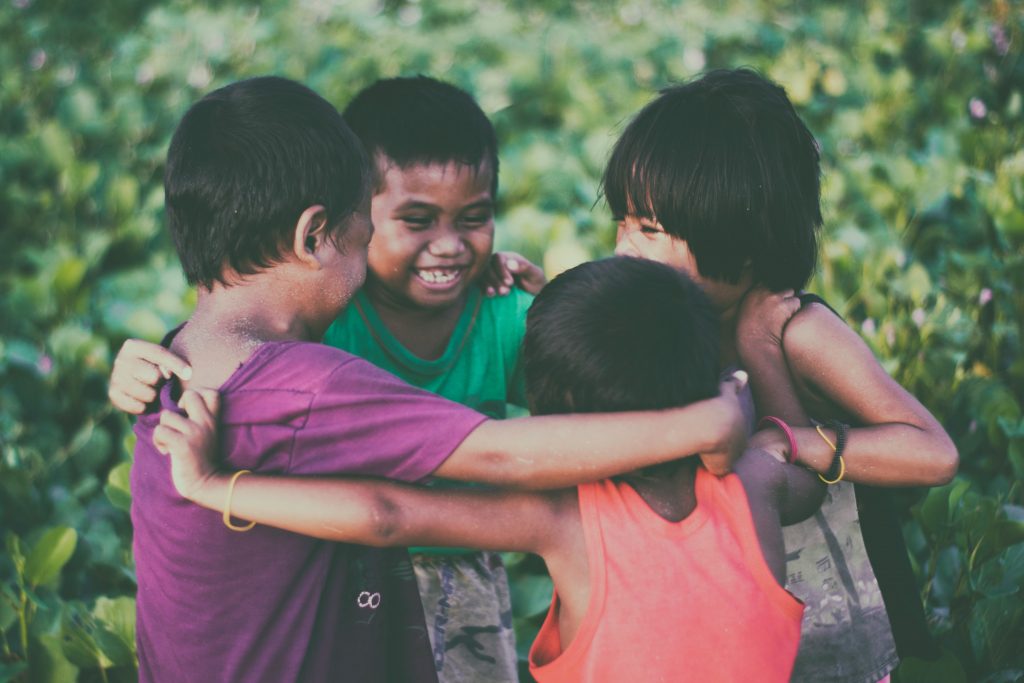Taming Aggression in Children
Aggression can take any form in children which includes:
- Violence
- Threat
- Verbal attack
- Bullying
- Destroying property
- Angry tantrums
- Biting
- Kicking
- Hitting
- Outbursts
What sets them off?
There are cases wherein kids lash out due to feelings of frustration brought by a problem they seem can’t handle. These kids are not yet able to control the impulses and work out of the conflict. There are also other cases wherein kids can do wrestling with difficulties, including emotional regulation problems, stress, hyperactivity, attention deficits, anxiety, and autistic symptoms.
Moreover, aggression does not occur with the fact that we must respond with hostility to the world because we all have capacities to become aggressive, depending on how we look through life. Also, the aggression of kids can be shaped by conditions in the environment, such as consequences, opportunities, threats, and pressure. The only thing to do here now is to tweak the condition to alter aggressive behavior.
Factors Affecting Aggression
Genetic
A lot of researches and studies have been conducted involving aggression in children. One of those is the large-scale twin study that confirms the effect of genetics as a factor to aggression (Luningham et al. 2020). This study states that aggressive behavior can be passed from generation to generation. Also, it states that the closer the relationship is, the higher the risk of having the same behavior.
Environmental Forces
The next factor affecting aggression is environmental forces that can be found outside the home. This includes media messages, teachers, peers, neighborhoods, culture, and ideologies. These mentioned factors will then vary depending on the early life exposure to stress, prenatal, and genes of the child.
Furthermore, according to a study, kids do not experience stress hormone cortisol spike as a response in any stressful situation. There may be others that experience surge. However, it takes a long time to recover. Still, kids are prone to develop aggressive behavior (Schoorl et al. 2017).
Below are some tips on how to maintain a constructive and confident outlook against aggression for kids.
Tips to Know and Consider!
- Do not take any of it personally.
Whenever a child fails in complying with your requests, do not feel betrayed and disappointed. Avoid bursting out too much as it can create a negative impact to the feelings and thinking of your child. This may be natural as a parent; however, it is wrong-headed.
First, a child has a different level of consciousness and way of perceiving the things they make an encounter with. Compared to an adult, a child’s understanding is way too shallow. If your child failed to accomplish your request, be understanding, and do not take it personally.
Second, researchers suggest that the pessimistic social beliefs we commonly hold on to or simply attributing hostile intentions can only become a selfish prophecy. Anyone who always assumes negativity provokes the same behavior. In connection with parents, any hostile intention made can only end up being their problem.
- Be realistic about your expectations on the ability of your child to comply with rules and requests.
Children, being little and not yet aware of what the world really is and how it works, must not be given expectations that are beyond their limits. Any expectation on them must be realistic and depends on their age, capabilities, and will. Although there is nothing wrong with testing their limits, parents must keep in mind that they are still learning and coping up with life.
Also, children must be taught what they need and can do. Allowing and supporting them to nurture their full potentials is the best thing to do by parents. Rules can be given to them, helping them exercise discipline and leadership. Also, making requests is another recommended idea. This will teach them to be responsible and patient. All of this, when done, will help regulate their aggressive behavior. It can alter them and the way they perceive life. They will have a better way of dealing with life and its events.
- Have realistic expectations in developing their kindness and empathy.
Another thing is to have realistic expectations in developing a sense of kindness and empathy in children. Make them realize that in this cruel world, sharing kindness and showing empathy towards other people can make positive impacts. It does not matter how big or small the act is, as long as there is a pure intention, anyone in need will deeply appreciate it.
Also, as parents, guide them in developing these characters. In this way, they can use it well in their future journey, as well as share it to other people. Teach them constantly so that they will live a life with contentment and happiness.
- Maintain a positive relationship.
The next thing to do to decrease aggressive behavior in children is to maintain a positive relationship with them. As early as possible, show them love, respect, understanding, and kindness. These will help the children realize that they are worthy and being valued by people surrounding them. Also, it can prevent them from thinking negatively about life and the way they perceive it. Letting them feel loved and appreciated will protect them from the pit of aggression, which can make conflict not only with their own self but also with other people.
- Never sacrifice psychological well-being or a stable mental health.
Aggression is a result of emotion involving the psychological state of children, and it is expressed through behavior. Given that psychological well-being or mental health must be prioritized to keep it stable. This can help the children to stay cool and well without allowing any aggressive behavior to take over their peace.
Expose them to a positive vibe only. Do not stress them out as they are still children and bring them constant happiness. Also, avoid letting them think negatively. As parents, you must be a role model to them, showing them that life is good and worth it.
Children are angels, and allowing aggression to take over them will never bring any good. Aside from protecting them from any physical trauma, their mental and psychological well-being must be considered. In this way, aggression and other disorder that can affect their development will be managed effectively.




